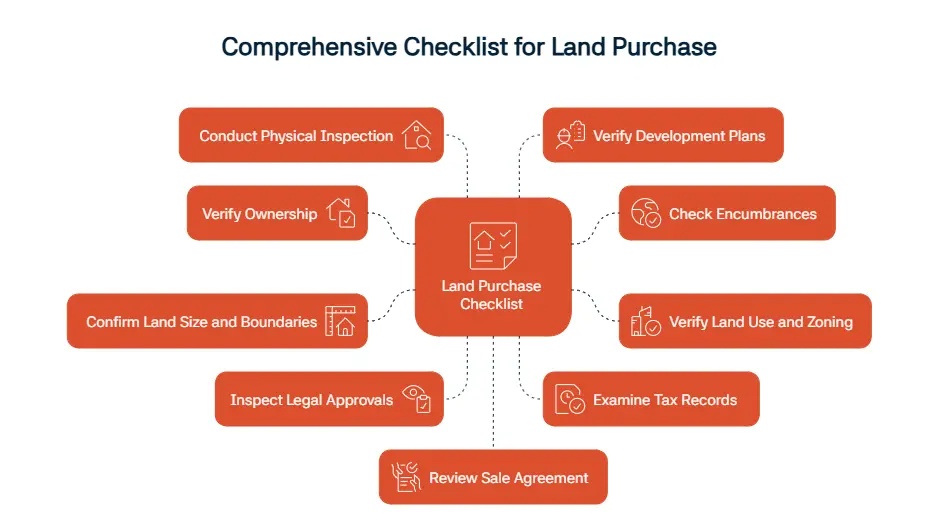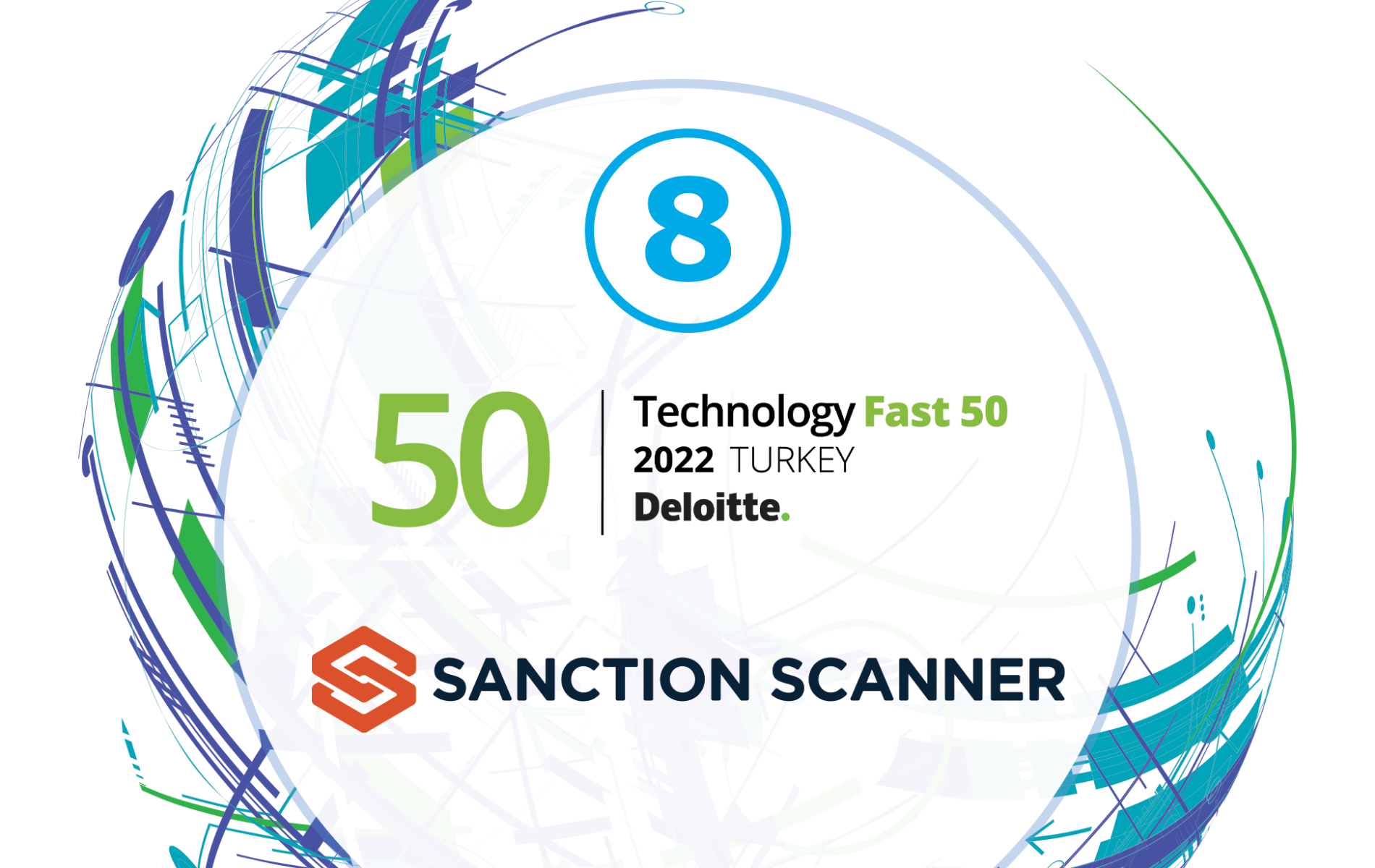Land fraud is the selling, purchase, or ownership of land through unlawful, dishonest, or immoral means. It frequently takes advantage of legal knowledge gaps, lax regulatory frameworks, or buyers' and sellers' desperation. Typically, land fraud entails:
- Giving misleading information regarding the property, its owner, or its worth is known as misrepresentation.
- Making fake land titles, sale deeds, or other legal documents is known as forging documentation.
- Record manipulation uses out-of-date or insufficient public records to muddy the waters over who owns what.
The prevalence of land fraud is higher in regions with poor property governance systems or in rapidly developing areas where land values are increasing.
Types of Land Scams
Buyers who are aware of the many kinds of land scams might spot possible fraud:
- False Claims of Ownership: Con artists fabricate paperwork to make fictitious claims to land that they do not possess. If buyers don't check these documents for legitimacy, they risk losing their money.
- Overpricing: Scammers typically exaggerate the worth or potential of land in order to attract ignorant purchasers by offering it for sale at exorbitant rates.
- Non-Existent Land: In this fraud, purchasers are duped into making investments in land that is either nonexistent or located in a different location. Fraudsters frequently fabricate papers or maps to bolster their accusations.
- Double Selling: The same piece of land is sold to multiple buyers, resulting in legal disputes and financial losses for the victims.
- Encumbrance Fraud: The seller conceals existing liens, disputes, or debts tied to the property, leaving the buyer responsible for resolving these issues.
How to Identify Land Fraud?
Due diligence and vigilance can aid in the detection of fraudulent activity:
- Confirm Ownership of the Property: Verify that the vendor is the rightful owner by looking through official land records. For verification, use local land records or government resources.
- Inspect Legal Documents: Examine every document pertaining to the property, including zoning permits, tax receipts, and title deeds. Make sure they are current and genuine.
- Conduct Physical Inspections: To verify the property's existence, location, and state, pay it a visit. Fraudsters frequently profit from consumers skipping this step.
- Look for Red Flags: Deals that look too good to be true, vendors that want fast payments, or inadequate paperwork should all be avoided. These are typical signs of fraud.
How to Prevent Land Fraud?
Proactive action and the use of specialist knowledge are necessary to prevent land fraud. Here are certain tactics:
- Research Thoroughly: Examine the property’s ownership, tax history, and any pending legal issues by obtaining official records through government portals or online resources and gather additional insights by inquiring with neighbors or locals about its ownership and history.
- Demand Documentation Certification: Accept only government-certified documents, such as approvals, tax receipts, and title deeds, and verify the authenticity of their watermarks, seals, and signatures.
- Use Traceable Payment Methods: Steer clear of cash transactions as they are more difficult to trace. Make use of checks or bank transfers, which produce a traceable paper trail.
- Verify Land Use and Zoning: Make sure the land is legally suitable for the use you have in mind. The local planning office will provide you with zoning certifications.
- Watch Out for Hurried Deals: Con artists sometimes inflate the urgency of a transaction to coerce victims into making snap judgments. Take your time and carefully consider every facet of the deal.
- Perform a Title Check: Verify the seller's clear ownership of the property by conducting a title check using official land registers.
- Hire Professionals:
- Attorneys: Have a real estate attorney look over any contracts and paperwork.
- Surveyors: Hire certified surveyors to confirm the size and borders of the land.
In real estate transactions, land fraud poses a serious danger, particularly in places with inadequate monitoring or subpar property management systems. Buyers may safeguard themselves against monetary loss and legal issues by being aware of prevalent scams and taking action to spot and stop fraud. The Yazoo Land Scandal is a powerful example of how unbridled corruption can do extensive harm and teaches us the need for accountability and openness in real estate transactions.
Checklist for Purchasing Land
Using a thorough checklist when buying land guarantees that you take all the required actions and lowers the possibility of fraud or other issues. Here is a comprehensive checklist to help you:
- Verify Ownership: Verify the seller’s ownership by checking the title paperwork, ensuring their name matches the official records, and confirming whether there are co-owners or joint ownership requiring their approval.
- Check Encumbrances: Obtain a Non-Encumbrance Certificate from the municipal registrar to ensure the land is free of liens, mortgages, and legal issues, and consult a lawyer to uncover any hidden encumbrances.
- Verify Land Use and Zoning: Consult the zoning restrictions to verify the land's suitability for your planned use (residential, commercial, or agricultural) and request a zoning certificate from the local government.
- Confirm Land Size and Boundaries: Use a certified surveyor to ensure the land’s dimensions match the paperwork and confirm the boundaries on-site.
- Inspect Legal Approvals: Verify that all required licenses and permissions (such as construction or environmental clearance) are obtained. Verify again with the planning or municipal authorities.
- Examine Tax Records: Make sure the land's taxes are paid on time. Ask for previous tax returns and look for any unpaid balances.
- Conduct Physical Inspection: To verify the property's location, accessibility, and surroundings, pay it a personal visit. Look for conflicts like squatter or neighbor encroachment.
- Verify Development Plans: If the property is a part of a bigger development project, look into the qualifications and approval of the developer. Verify the designs for drainage systems, utilities, and roadways.
- Review Sale Agreement: Ensure the agreement includes the land’s dimensions, location, and survey number, payment terms, and clear provisions for resolving disputes.

Land Due Diligence
Conducting proper due diligence ensures the land is legally, financially, and practically suitable for purchase. Here’s a breakdown of what this process involves:
- Due Diligence in Law:
- Title Search: To confirm ownership and guarantee a clear title, perform a title search at the local land register. To rule out disagreements, review ownership records for the last 20 to 30 years at the very least.
- Document Verification: Verify the legitimacy of every document, including previous agreements, the sale deed, and the title deed. Verify that every document is properly signed and stamped.
- Power of Attorney (if applicable): Confirm the legitimacy of the power of attorney if someone is selling the land on the owner's behalf.
- Due Diligence in Finance: Verify that the property is clear of encumbrances, such as outstanding mortgages or debts.
- Tax Dues: Verify that all property taxes have been paid. Obtain a certificate of clearance for unpaid taxes.
- Due Diligence in Physical Examination: Verify the land's physical borders by comparing them to official survey maps. Find any inconsistencies or encroachments.
- Land Condition: Examine the water availability and soil condition of agricultural land. Consider aspects such as terrain stability, drainage, and elevation when building.
- Accessibility: Verify the presence of roads, utilities (such as power and water), and the closeness to necessary services.
- Due Diligence in Regulations
- Land Use and Zoning: Verify adherence to land-use limitations and zoning regulations.
- Environmental Clearance: Verify that the land has the required environmental permissions if it is located in an environmentally sensitive location.
- Credibility of the Seller or Developer: Examine the seller's or developer's reputation and performance history. Steer clear of developers or dealers that have a track record of deception or litigation.




